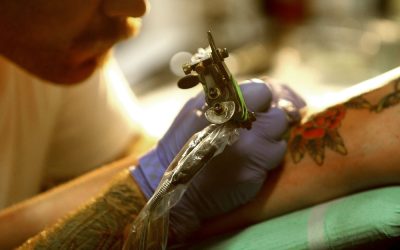The impact alcohol has on the reproductive system extends beyond these temporary effects. Chronic alcohol use causes hormone imbalances in both men and women and leads to problems with fertility. Alcohol is a central nervous system depressant that has immediate effects on the body, like intoxication (feeling drunk) and Sober House hangovers (unpleasant aftereffects from drinking). While these effects are short-lived, long-term alcohol use can trigger systemic (bodywide) inflammation, which damages the body’s tissues and vital organs over time. Another potential option being used to treat hair loss is platelet-rich plasma (PRP) injections.
Thinning hair in women: Why it happens and what helps
- Other lifestyle factors that often go along with drinking, like smoking, may make hair loss worse and lead to other issues related to appearance as well.
- Excessive alcohol intake can disrupt hormone production and lead to imbalances, which may contribute to hair loss.
- Many people have successfully overcome alcohol withdrawal, and you can too.
- There is nothing wrong with a glass of wine a few nights per week, or a beer or two over the weekend with buddies.
It’s important to ensure sufficient zinc intake through a balanced diet or appropriate supplementation. When it comes to maintaining healthy hair, it’s important to look beyond just the effects of alcohol. While excessive alcohol consumption can have negative impacts on hair growth, balancing alcohol consumption and adopting a healthy lifestyle are key factors in promoting hair growth. Hormonal balance plays a crucial role in maintaining healthy hair growth. Hormones such as testosterone, estrogen, and thyroid hormones are involved in regulating the hair growth cycle.

Wildfires: How to cope when smoke affects air quality and health
It’s also possible to develop a number of cancers that affect various parts of the body. When this occurs, it can weaken your immune system which may cause fewer nutrients to reach your hair and therefore stunt hair growth. Alcoholism is linked to disruptions in your hormones, https://businesstribuneonline.com/top-5-advantages-of-staying-in-a-sober-living-house/ specifically for your thyroid. Your thyroid regulates hormones in your body, and when this process is interrupted by either hypothyroidism or hyperthyroidism, hair loss can occur. Long-term stress is linked to hair loss and causes a condition called telogen effluvium.
Cancer: Managing Symptoms Discussions
Mental health conditions like these are also linked to hair loss, further contributing to the potential hair loss experienced by heavy drinkers. The liver plays a crucial role in metabolizing alcohol and detoxifying the body. However, heavy drinking can overload the liver and hinder its ability to function optimally. This can result in a buildup of toxins in the body, which may impact various bodily systems, including hair growth.

Dehydration and Hair Health
After a while of repeating this pattern, you’ll eventually become malnourished, which can lead to anything from brain damage due to a lack of thiamine to even hair loss. When thyroid levels are affected, more hormone interactions will take place. Alcohol is known to have a dehydrating effect on the body, and this dehydration can extend to the hair as well.
- Discover the incredible benefits of exercise in substance abuse recovery.
- While genetics, hormonal imbalances, and certain medical conditions play a significant role in hair loss, alcoholism can exacerbate the problem.
- In addition to the nutritional deficiencies mentioned above, those who have poor diets can develop other deficiencies.
- « Stopping minoxidil application will lead to a gradual loss in hair that grew due to the minoxidil, » Dr. Green says.